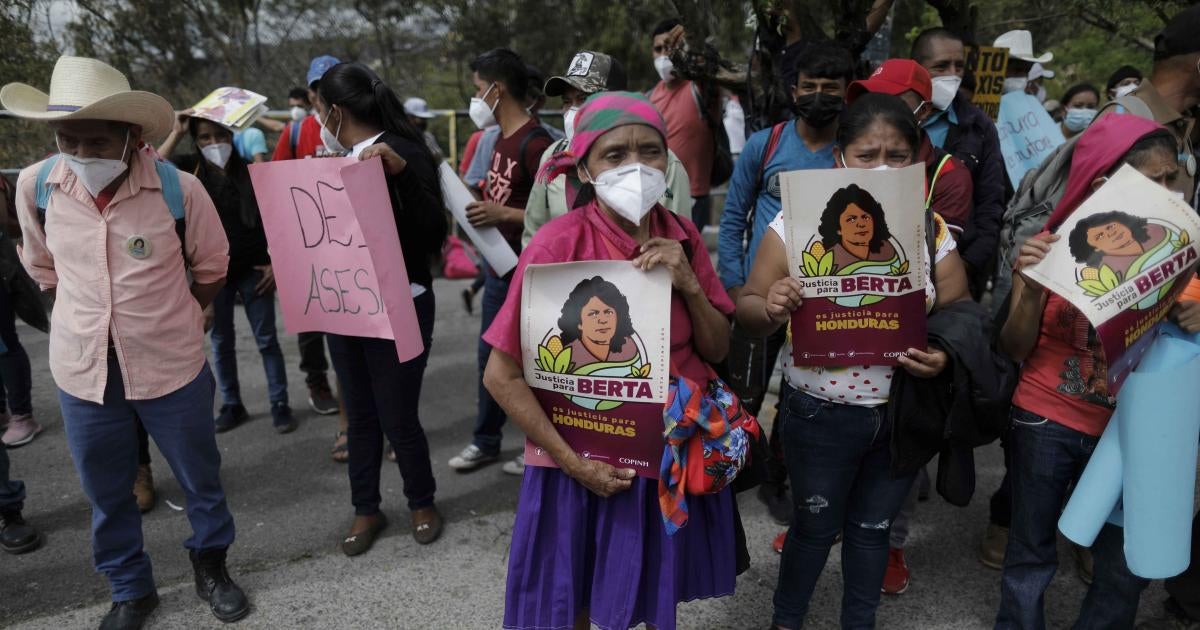Honduras Needs to Protect Indigenous Land, Leaders
It was heartbreaking for me to hear the daughters of slain environmental and Indigenous rights activist Berta Cáceres call her mami at a meeting in Tegucigalpa in January.

They told me they are carrying on her fight at the helm of the Consejo Cívico de Organizaciones Populares e Indígenas de Honduras (COPINH).
The 2016 killing of Cáceres, a Lenca Indigenous leader, is emblematic of the dangers to human rights defenders in Honduras. At least 10 human rights defenders were killed there in 2021, the UN Office of the High Commissioner for Human Rights has reported. In addition, 199 human rights defenders were harassed, threatened, or attacked last year, 80 percent of whom were defending land rights or the environment. Significant international attention to Cáceres’ case led to trials and the conviction of eight men, including the director of the private company in charge of a hydroelectric dam project who ordered the killing. But many other cases remain unpunished. In 2021, the Inter-American Commission on Human Rights estimated a 90 percent impunity rate for crimes against human rights defenders in Honduras. Honduran authorities need to end impunity by improving investigations and strengthening the independence and efficiency of the justice system, as well as revamping the office that provides protection to defenders. They should also address the causes of many conflicts by facilitating the process of providing collective land titles to Indigenous peoples and ensuring free, prior, and informed consent from these communities regarding decisions on land use that may affect them.
Read the full article at the original website
References:
